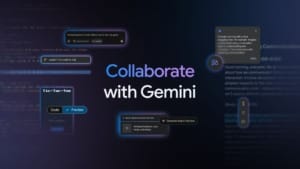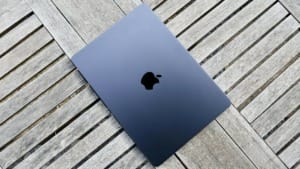Apple agrees to US$95 million settlement in Siri privacy lawsuit
Apple agrees to a US$95 million settlement over claims Siri invaded user privacy, raising questions about tech data practices.

You may not be far off if you’ve ever suspected your voice assistant might be listening in on your conversations. Apple has recently agreed to a US$95 million settlement to resolve claims that its Siri voice assistant invaded users’ privacy.
Table Of Content
The settlement, filed in a Californian federal court in Oakland, awaits approval by a U.S. District Judge. This development stems from a class action lawsuit alleging that Apple’s Siri collected and shared user data without consent, leading to targeted advertisements. The lawsuit spans a decade, covering September 2014 to December 2024, during which the “Hey Siri” command was active on devices like iPhones, iPads, and Apple Watches.
Users allege Siri recorded private conversations
The plaintiffs in the lawsuit presented several troubling examples of Siri allegedly recording conversations. One individual reported that discussing sneakers, specifically Air Jordans, and dining options like Olive Garden led to related advertisements appearing on their devices. Another claimed that a private conversation with their doctor about a surgical treatment resulted in targeted ads for that specific procedure.
Such incidents have raised questions about how voice assistants monitor users, prompting scrutiny of privacy policies and data-handling practices.
What does the settlement mean for affected users?
As a class action lawsuit, the US$95 million settlement will be distributed among those affected. However, after deducting legal fees and expenses, each claimant might receive approximately US$20. While not a life-changing amount, this payout highlights the ongoing concerns over how tech companies handle user data.
To put this into perspective, an Apple MagSafe Charger, retailing at approximately US$58 in the U.S., would require three payouts to cover its cost. Despite the modest individual compensation, the settlement acknowledges the need for stricter data privacy measures in the tech industry.
A closer look at the case
The case, Lopez v. Apple, Inc., was brought before the U.S. District Court in the Northern District of California—documents filed with the court detail claims of unwarranted data collection and its implications for user privacy.
Apple, which reported a staggering US$93.74 billion net income in its previous fiscal year, has not admitted wrongdoing as part of the settlement. Nevertheless, the case serves as a reminder of the increasing tension between user privacy and technological advancements.
For now, Siri users and tech enthusiasts alike will watch closely as the settlement process unfolds and broader conversations about data security continue.
















